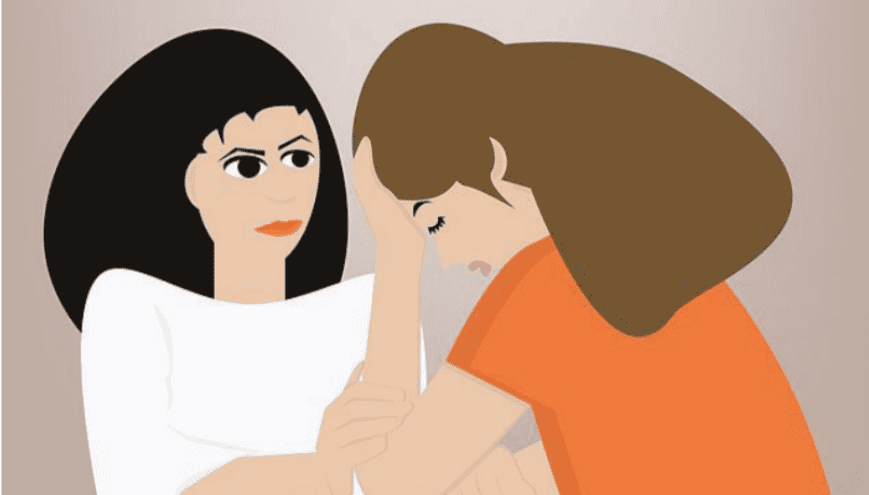
As the number of cases of COVID-19 slowed down over the past months, lockdown restrictions eased and people began returning to the world as we once knew it. However, this did not prove to be as seamless an experience for all. Some struggled to adapt to a world that had undergone such a drastic change. This phenomenon can be attributed to what scientists now call the COVID-19 anxiety syndrome. Some of the main causes of the syndrome seem to be isolation due to lockdown, fear, and uncertainty regarding the virus. Many people have experienced a loss of their livelihood, which has affected their mental state to a great degree. Quite a lot of people have seen deaths in close circles, be it friends or family. This has led to a sort of para- noia setting in, especially in highly neurotic individuals. Another thing that adds to the general anxiety caused by the pandemic is the constant media coverage of new developments - be it new infections, death rates, or even new strains of the virus being discovered. Constant expo- sure to negative news has begun affecting people’s attitudes To the people affected by the COVID-19 anxiety syndrome, this manifests in either or in compulsively checking the news for updates on the situation or, in rarer cases, complete avoidance of news and current affairs. Some scientists claim that with the pandemic receding, it could be giving way to an upcoming mental health crisis. The implications of this are disastrous. The resources and awareness levels regarding mental health are already discouragingly low in most countries. Only a small percentage of the population has the means to have continued access to mental health resources.
The syndrome primarily stems from pandemic-induced psychological distress and causes people to experience fear, anxiety, and stress, etc. The syndrome often renders people unable to leave their houses. The person affected will obsessively start checking for symptoms of COVID-19 and avoid any kind of social situation that brings them in contact with other people, and subsequently, the virus. In rare cases, people experience symptoms like post-traumatic stress disorder and suicidal ideation. However, these are not that common and most people have increased general stress, insomnia, and anxiety. With the world having crossed 200 million cases over two years now, the virus has driven people to be more cautious in their interactions with public spaces.
However, such behaviour gets amplified to a much larger degree when it comes to people who experience the COVID-19 anxiety syndrome. The syndrome comes with the understanding that returning to the world as it was before will mean an increased risk of getting infected by the virus.
towards their environment.
This comes at a time where most people have not even started recovering from the financial impact of the coro- navirus. Awareness and affordable access to mental health resources must be extended to all members of society.
10 Jan 2022
Yukta Patwardhan